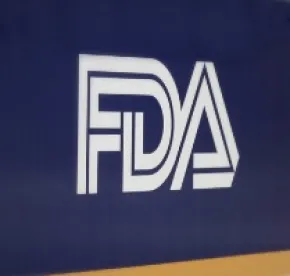-
On June 19, 2019, FDA announced that it would not object to qualified health claims for foods and dietary supplements stating that the consumption of eicosapentaenoic acid (EPA) and docosahexaenoic acid (DHA) may reduce the risk of hypertension and coronary heart disease by lowering blood pressure. In a letter of enforcement discretion to The Global Organization for EPA and DHA Omega-3s, FDA stated that—while the overall evidence was inconclusive and inconsistent—there was “credible evidence” to support the qualified health claim.
-
FDA provided five qualified health claims as being consistent with the letter of enforcement discretion, an example of which is, “Consuming EPA and DHA combined may help lower blood pressure in the general population and reduce the risk of hypertension. However, FDA has concluded that the evidence is inconsistent and inconclusive. One serving of [name of the food or dietary supplement] provides [ ] gram(s) of EPA and DHA.”
-
Foods and dietary supplements bearing the health claim must contain a combined total of at least 0.8 g of EPA and DHA per serving and otherwise comply with the general requirements for foods bearing health claims under 21 CFR § 101.14.
FDA Authorizes Qualified Health Claim for Foods and Supplements with EPA and DHA Omega-3 Fatty Acids
Thursday, June 20, 2019
Current Public Notices
Published: 9 September, 2025
Published: 9 September, 2025
Published: 8 September, 2025
Published: 4 September, 2025
Published: 28 August, 2025
Published: 25 August, 2025
Published: 22 August, 2025
Published: 20 August, 2025
Published: 20 August, 2025
Published: 18 August, 2025
Published: 11 August, 2025
Published: 8 August, 2025
Published: 26 June, 2025



 />i
/>i

